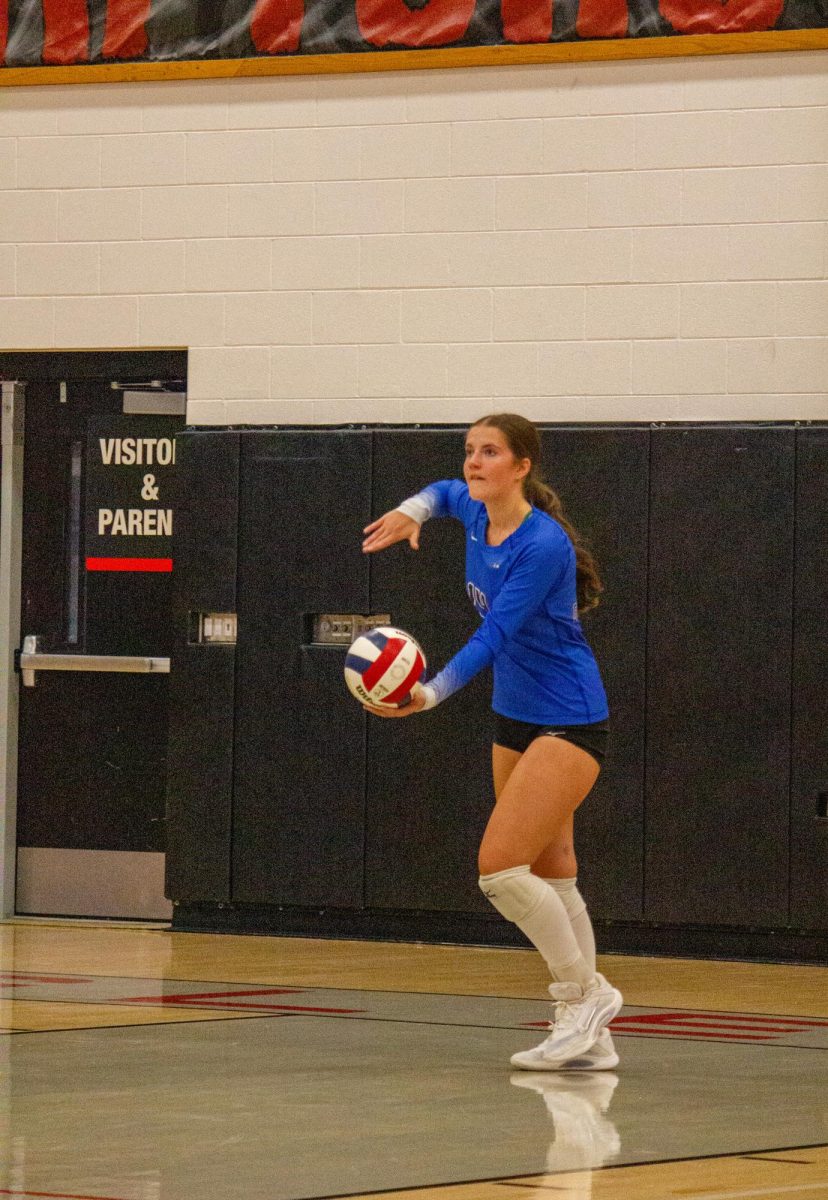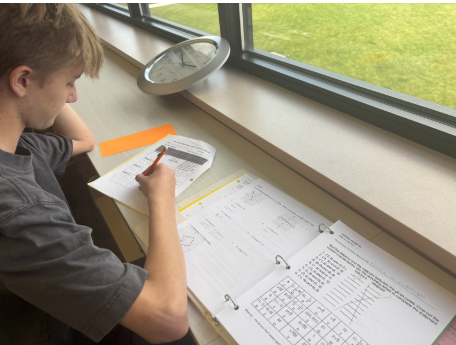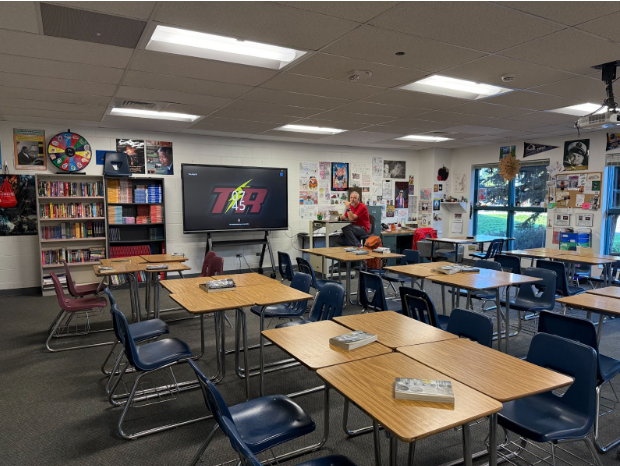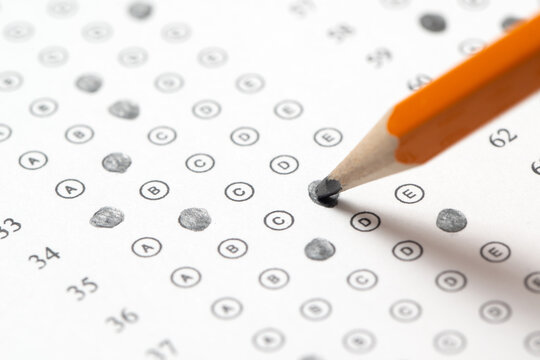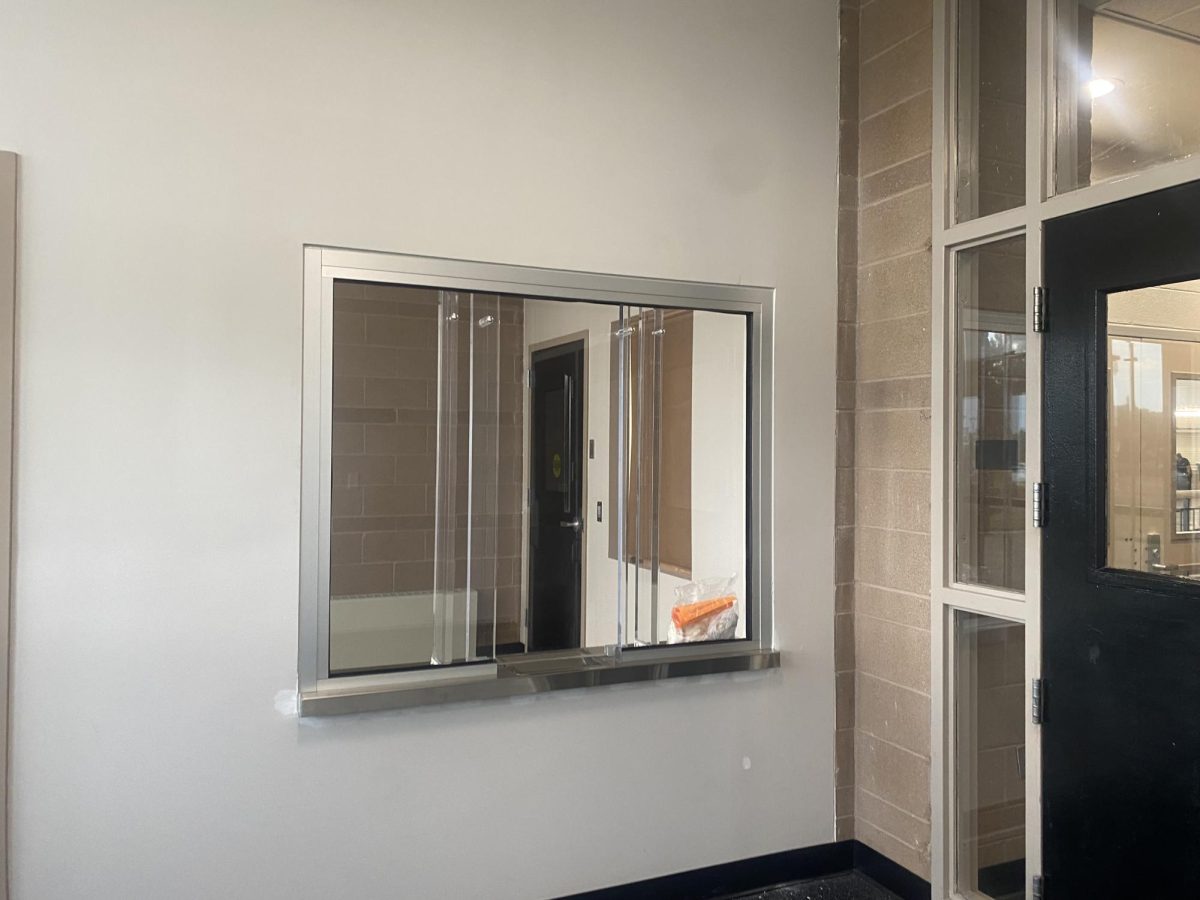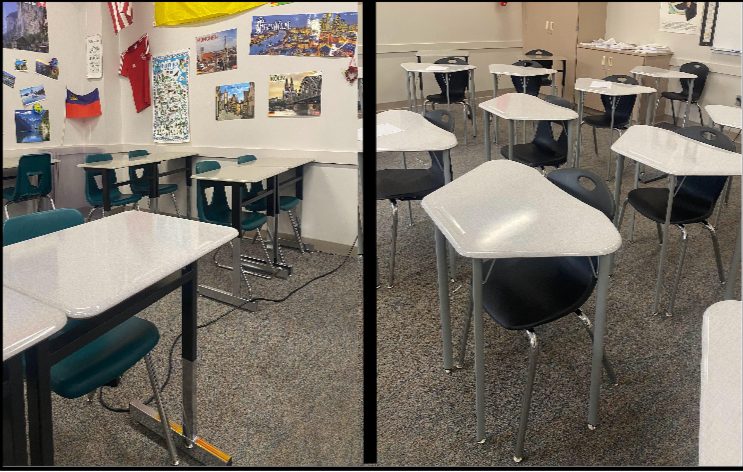An influx of tardy slips has been finding teachers’ desks this year. The tardy typhoon has taken Grandview by storm, with small slips flying everywhere. 37% of students had 6 or more tardies last semester.

“We have seen consistent, repeated behavior, and it’s a cycle that we would like to change. Many kids are choosing to be late to class, and more often than not when kids are late, it’s not because of an issue of getting from point A to point B, it’s an issue of choice to deviate. So we’d like to make a couple changes to help prevent this,” Trevor Watrous said.
The committee, consisting of volunteers from all different parts of the building, is looking to reduce the amount of students who are consistently late to class. It was formed this semester by assistant principals Jamee Ulitzky and Trevor Watrous after a multitude of complaints from teachers and staff.
“I want to honor the time, effort, and energy that our teachers are putting into a solid lesson,” Watrous said. “If we’re asking teachers to teach bell to bell and kids come in late it is not productive, and puts a strain on the teacher-student relationship and classroom environment.”
Because we are halfway through the school year, the tardy committee has decided not to completely revamp the tardy system, and rather make small changes on how staff approaches it. The committee is currently looking to communicate to all parts of the building the current tardy policy.
“The policy is as follows: First tardy is a warning, second tardy is to contact home, third tardy is a referral to the dean for a consequence,” English teacher and committee member Liz Groves said.
Grandview has had these rules for many years, but the majority of teachers do not enforce it, and therefore students are unaware.
“I heard about the policy, but I never knew the specifics because my teachers didn’t use it,” sophomore Adriana Duran said. “So my teachers varied from never counting me tardy to counting me tardy if I walked in during the bell.”
The committee is planning to clearly explain the consequences of a tardy, so all students and staff are aware.
“We envisioned sending a letter home to our community, our parents and guardians, making sure we’re informing students and staff and everyone here in the building to make sure this policy is properly enforced,” Watrous said.
All teachers received a school-wide email about what to expect, and what to enforce and many teachers have made an effort to execute this policy.
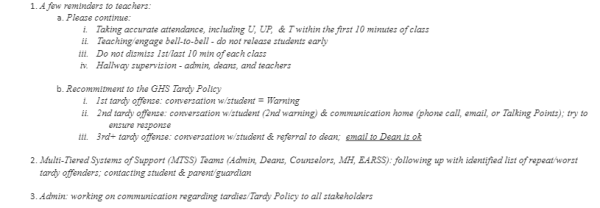
“On Teacher Workday, I went through all of my students, created a “Tardy Tracker” spreadsheet, and contacted home or deans if necessary,” Groves said. “I would like to see how this policy works in the long-term, but so far, the time I spent has paid off and I have seen a real difference in my students’ attendance,”
Many might think this is overkill. But, as these tardies rise, so can teacher’s frustrations, lack of learning and engagement, and low GPAs. These tardies go far beyond high school, rather, this can be applied in day-to-day life.
“I would just say [it’s] being respectful and it’s a life skill of being on time,” Ulitzky said.
The committee is hoping enforcing the current policy will be enough to reduce the number of late students and will reevaluate its success around spring break. It will be a continuous effort from all parties to keep this in check, but teachers have already seen a reduction in student tardiness.
“I’m not naive enough to think that no matter where we land as a committee, it’s gonna be 100% foolproof. We’re just gonna put our best foot forward, our best collective thinking and do the best that we can,” Ulitzky said.




